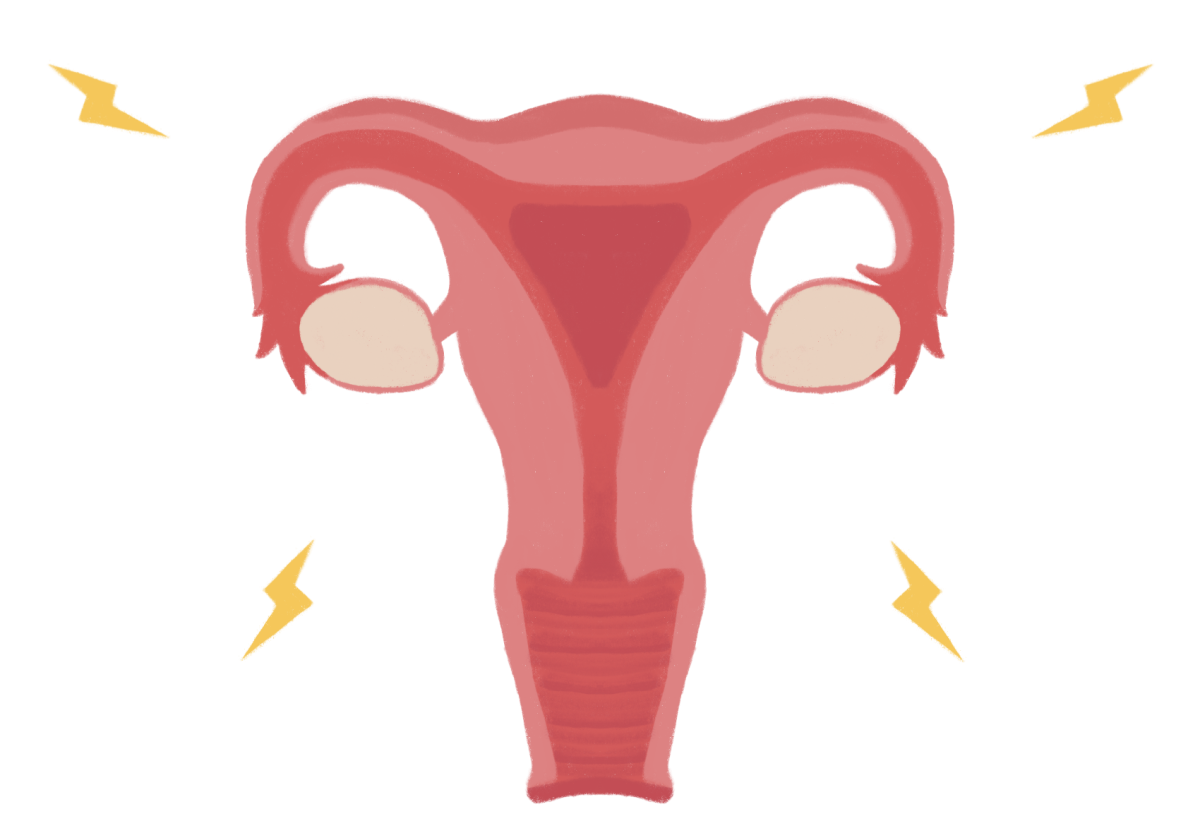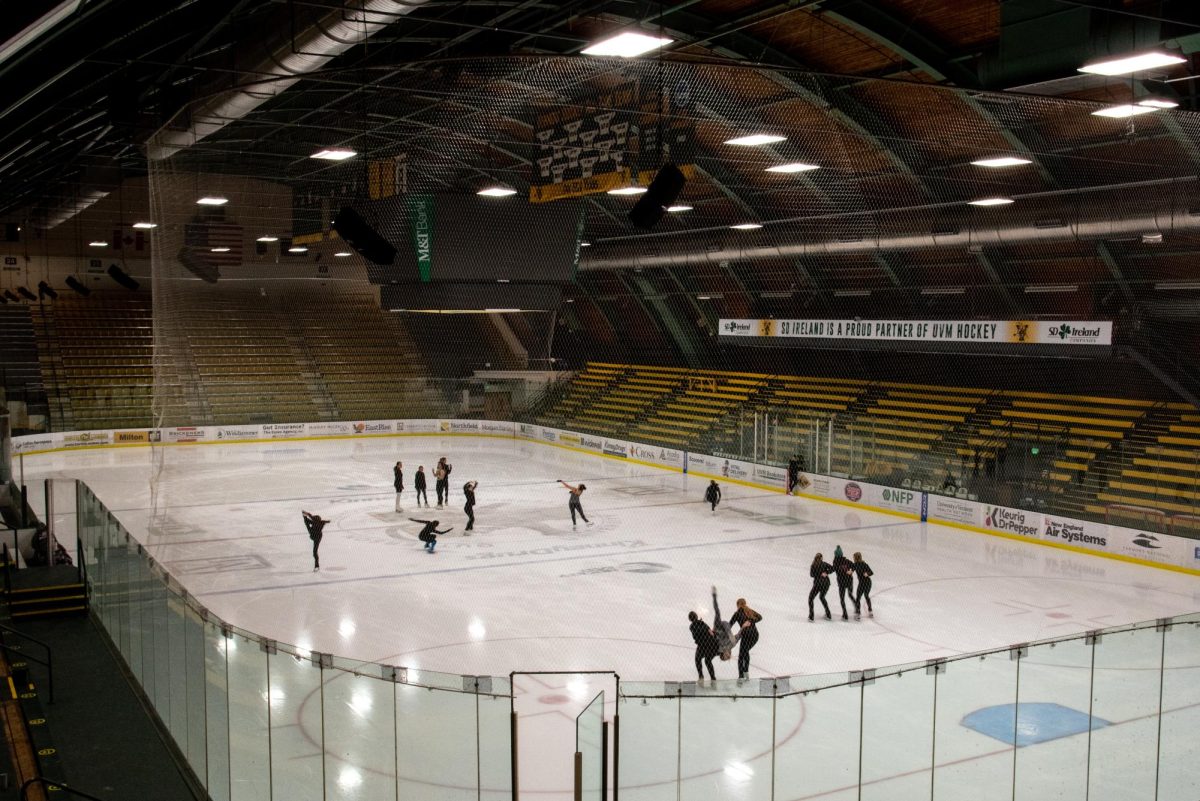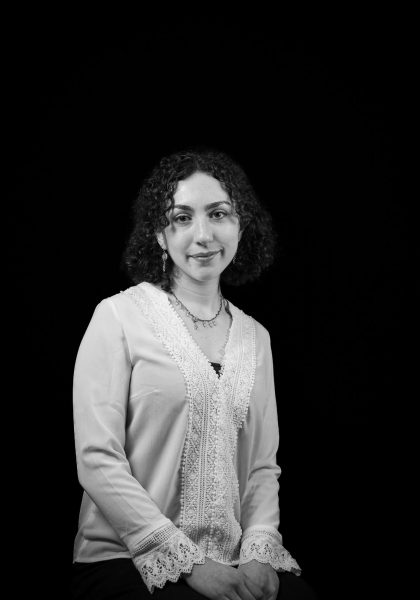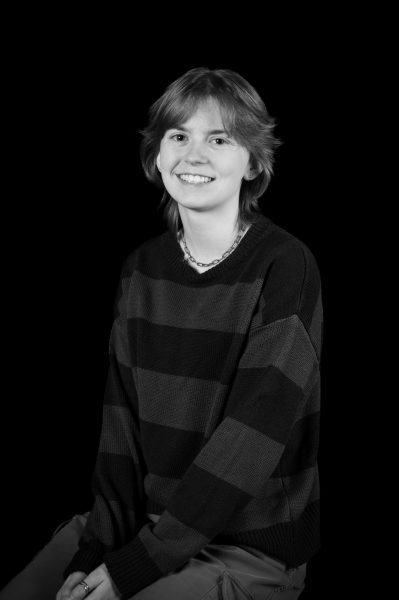I didn’t get my period until the summer before college. With these credentials alone, I basically wrote the handbook on late blooming.
Stalled by the effects of a restrictive eating disorder and the demanding sport of distance running, my body simply was not getting enough calories to undergo a normal puberty.
My lack of estrogen caused an aversion to anything sexual or romantic. Before the age of 18, I had never been sexually, physically or emotionally attracted to another person.
I was a prude by circumstance, labeled innocent and wholesome by my more sexually advanced friends. They gushed about boys and kisses while I vomited internally.
I was past the point of feeling behind or girlish in comparison. I had reached a conclusion: my lack of menstruation and sexual development would leave me prepubescent for the rest of my days.
My first period marked the start of a puberty that unfolded rapidly. Six months later, my former bras fit like doll clothing on my changed body.
This new body was foreign, its fat deposits and functions were something I had no desire to let another person in on. These new features—hips and tits—communicated my physical womanhood, but mentally I wasn’t even close.
I felt like an awkward 13-year-old girl no longer wearing her training bra, but I was actually 19—I was hundreds of miles away from home, possessed the ability to vote and no longer had to text my parents when I was getting home.
Nothing could have prepared me socially or medically for this shift.
My college friends had no idea that my body constantly felt like a fresh wound. My doctors now saw me as “normal” after years of not knowing what to do with my lack of development.
With puberty came unwanted and inappropriate attention. Catcalls fueled my shame, linking boobs with accidental seductiveness and an ass with unintentional sleaziness.
Sexuality was not an area of confidence for a pubescent 19-year-old.
The final stages of my eating disorder recovery and the humiliation I felt around this newfound womanhood intersected, setting aflame a new kind of body dysmorphia and self-hatred.
I fumbled around attractive people, choking on my words with the bashfulness of a middle schooler.
During my freshman year, I experimented with clothes and makeup like a 13-year-old, trying out different colors and cuts. I cringe at my novice eyeliner skills and some of my first-year fashion choices. Honestly, though, it’s all par for the course.
Since my hormonally tumultuous first year of college, time has healed most of these insecurities.
This past summer before my junior year was the first time I felt confident enough to put myself out there.
Though I quickly realized dating apps were not the place for me, I actually gained a lot from the experience. The apps that had loomed over my head as an affirmation of desperation for a relationship turned out to be so unbelievably unserious.
At 21 years old, I can finally say that puberty is behind me. Physically and mentally, I’m past the awkwardness of those pubescent years of sexual and emotional development.
I allow myself to emanate beauty and sexiness, feeling like a woman in my state of mind.
I’ve become accustomed to the emotional roller coaster that is the menstrual cycle and have grown into my womanhood, officially leaving behind my teenage years—emotionally and intellectually.
I’ll never have the same experience of puberty as most of my friends but I wouldn’t trade my delayed puberty for a thing.
Lumped into the early college experience of newfound independence and endless self-discovery, my rapid sexual development and the throes of raging hormones were an essential part of becoming who I am today.
















